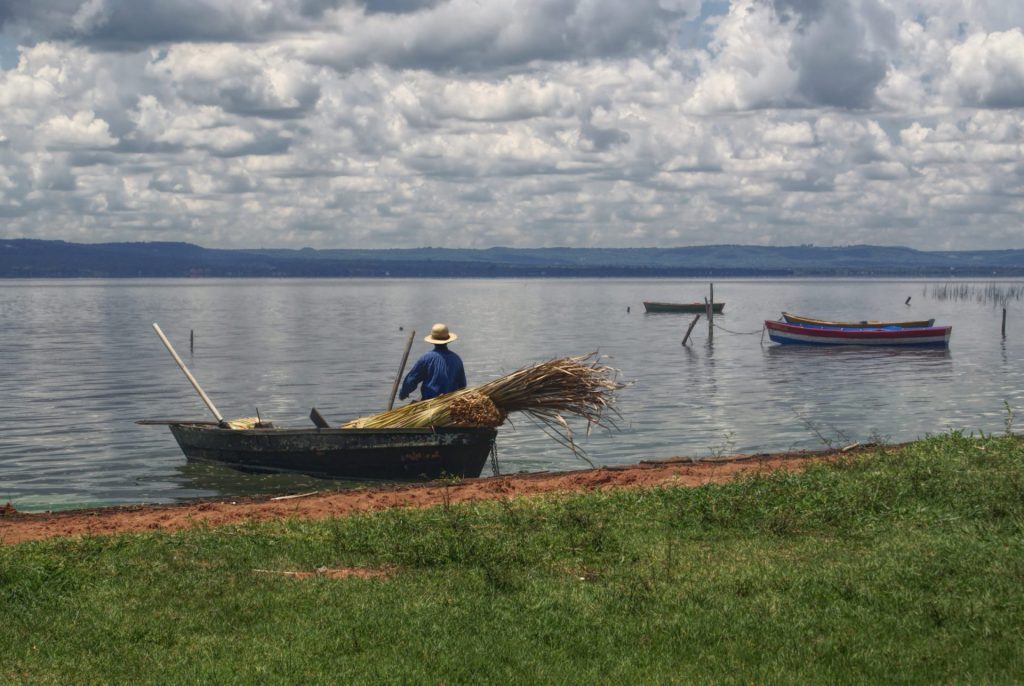heading
PROJECT: GOVERNANCE, ACCOUNTABILITY AND LEARNING FOR WATER SUSTAINABILITY (GOAL-WATERS)Paraguay
Increasing resilience to climate change with adapted water supply systems and local governance tools in two Chaco region communities.

Challenge
Climate change impact
The Chaco region has a fragile ecosystem and limited water resources, especially in the centre and the north. The region suffers from recurring droughts that have intensified due to climate change.
Adaptation to climate change and the resilience of water and sanitation services remain a major challenge for isolated and indigenous rural communities. As climatic conditions vary more frequently and populations increase, there is a need for an infrastructure that is adequate and resistant to climate variability.
Water resilience
This project seeks to increase water resilience in Teniente Martinez and 2 de Enero, two isolated rural communities in the Chaco region. These communities have no adequate road infrastructure, which leaves them isolated during the rainy season. In addition, they do not have access to basic services in general, which also makes them very vulnerable.
Indigenous communities
In the Teniente Martinez community, there are approximately 30 indigenous families, most of whom work with livestock on a small and medium scale or are employed on the estates in the area. This community had no water distribution or sanitation network. The water from the “tajamar” (reservoirs dug in the ground to collect water) had to be carried in containers.
The indigenous community of 2 de Enero consists of 25 families belonging to the Ayoreo people.
The men mostly work in the livestock establishments in the area. Prior to the project, the community did not have a water distribution system.
Strategy
The strategy focuses on installing water systems and improving governance at the local level. The aim is to use the project as a model for other municipalities in the Chaco region.
Action points
- Provide a sustainable water supply in the two communities. In Teniente Martinez water meters have been installed in each house as well as a water purification plant that includes a system for direct distribution to the community. In the 2 de Enero community, each house has been connected to a shallow well.
- Support local management of the systems. Community water committees have been created in the two municipalities and tools resilient to climate change developed to strengthen the management of the systems.
Achievements and lessons learned
Eighty families are benefitting from the new water supply systems and both communities have a water committee responsible for maintaining and ensuring the sustainability of the system.
Technicians from SENASA (Servicio Nacional de Saneamiento Ambiental) trained the committees in the administration and maintenance of the installed water systems. Activities were planned to allow the participation of both men and women with the aim of empowering the latter in the process.
The committees have now been legally constituted through an act signed between the Water and Environment Directorate, the Municipality of Filadelfia and SENASA.
The guidelines and tools developed for the two communities have also been used in a third community for capacity building.
Lessons learned
Teachers, and religious and community leaders played an important role in putting the committees into place, reaching institutional agreements and applying a gender balanced approach.
